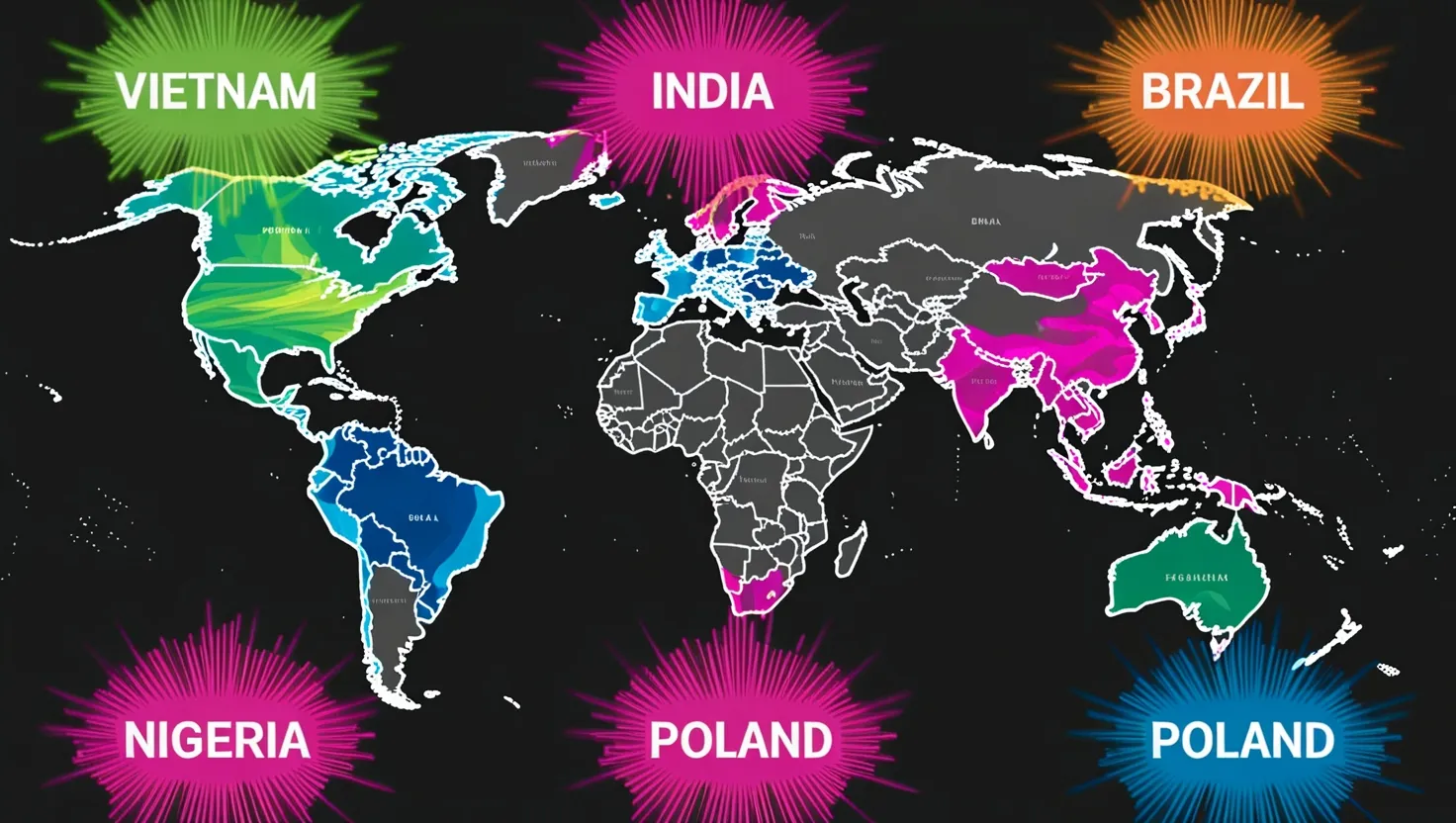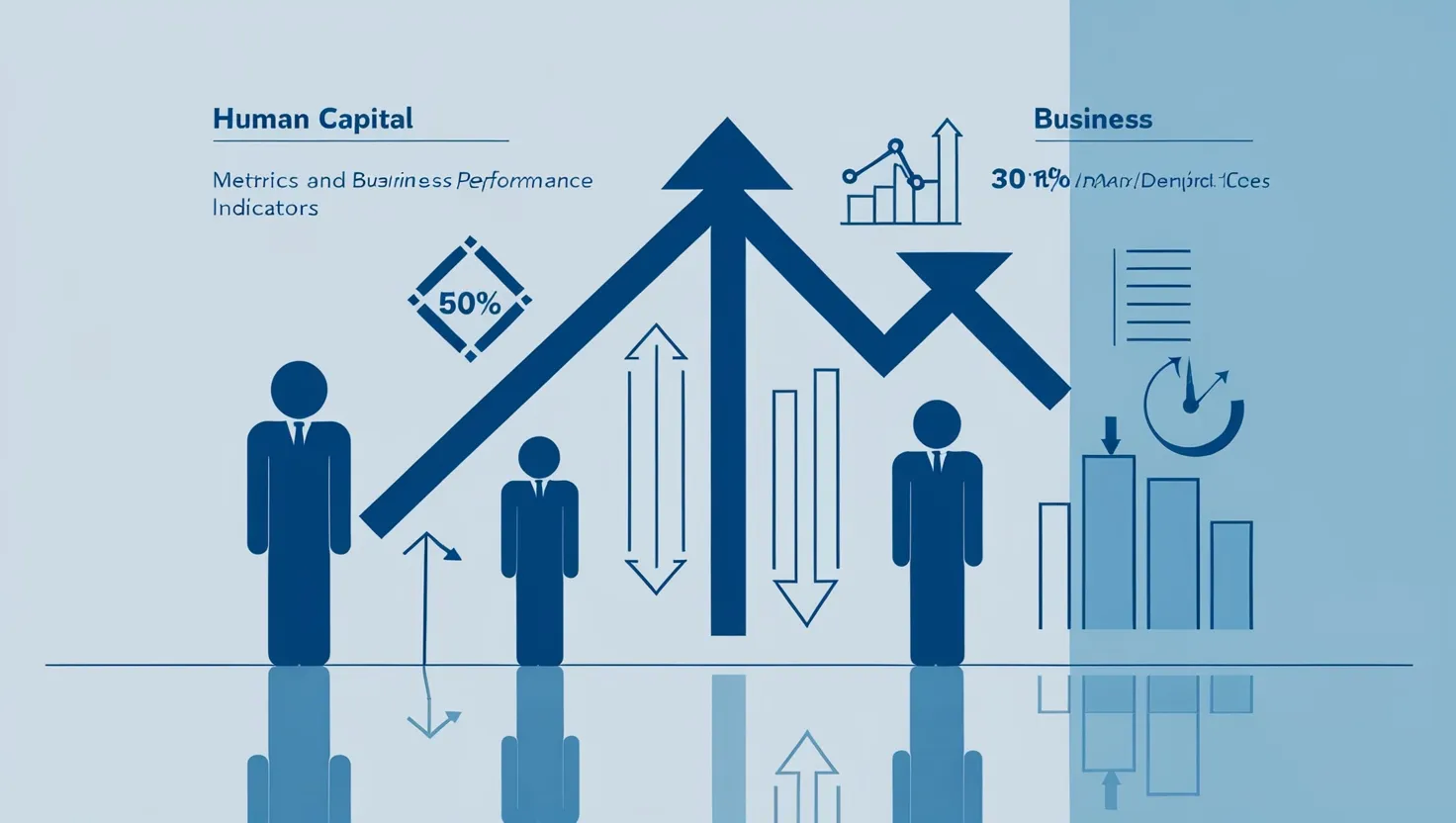In the intricate world of finance, where numbers and spreadsheets often dominate the landscape, there’s a growing recognition of the importance of a more holistic approach to money management. This is where the concept of “The Mindful Money Manager” comes into play, offering a refreshing and balanced perspective that integrates emotional intelligence, personal growth, and professional financial acumen.
At its core, mindful money management is about recognizing that financial decisions are not just about numbers, but also about the emotions and mindset that drive those decisions. In a world where stress and anxiety can significantly impact financial choices, having tools to manage these emotions is crucial. This approach encourages individuals to step back, reflect on their financial behaviors, and align their spending and investing with their personal values and long-term goals.
One of the key strengths of this concept is its versatility. It can be applied to both personal and professional finance, making it a valuable resource for individuals and financial professionals alike. For individuals, it provides a framework to understand their financial selfie—a term that encapsulates not just their monetary net worth but also their investments in areas such as gratitude, experience, mentorship, physical health, insights, community, knowledge, and skills. This holistic view helps in creating a narrative of personal growth and financial empowerment that goes beyond traditional budgeting.
In the professional sphere, mindful money management can revolutionize client relationships and outcomes. Financial advisors who adopt this approach can offer more than just investment advice; they can provide guidance on how to manage the emotional aspects of financial decision-making. This can lead to more satisfied clients who feel understood and supported in their financial journeys. It also opens up new avenues for innovation in financial services, such as integrating behavioral psychology principles into financial planning tools.
The hustle culture that often pervades the finance industry can be overwhelming and unsustainable. Mindful money management challenges this culture by advocating for a more balanced approach to financial success. It encourages individuals to focus on long-term sustainability rather than short-term gains, and to prioritize well-being alongside wealth accumulation. This shift in perspective can be particularly appealing in today’s fast-paced world, where burnout and stress are increasingly common.
For women, in particular, this approach can be transformative. Research has shown that while many women are confident in managing everyday financial tasks, they often lack confidence when it comes to managing investments. Mindful money management provides a platform for women to build confidence and empowerment by making financial data clear and personal. By recognizing and quantifying their intangible investments, women can gain a clearer picture of their overall financial health and make more informed decisions.
The foundation of mindful money management is a mindset of abundance, rather than scarcity. This mindset is built on principles of self-worth, gratitude, love, and service. It’s about understanding that true wealth is not just about accumulating money, but also about nurturing relationships, health, and personal growth. By focusing on these aspects, individuals can create a more balanced and fulfilling financial life.
In practice, this means taking the time to reflect on your financial choices and ensuring they align with your values. It involves setting clear financial goals and creating a plan that is both realistic and sustainable. It also means being mindful of the emotional triggers that can lead to impulsive financial decisions and developing strategies to manage these emotions.
For those in leadership positions, adopting a mindful approach to money management can have a ripple effect on their teams and organizations. Leaders who prioritize their own financial well-being and emotional intelligence are better equipped to make wise financial decisions and to inspire their teams to do the same. This can lead to a more productive and financially healthy organization.
Productivity and time management are also integral to mindful money management. By prioritizing tasks and managing time effectively, individuals can ensure that they have the bandwidth to focus on their financial health. This involves setting clear boundaries, avoiding financial distractions, and dedicating time to financial planning and reflection.
In the end, the concept of “The Mindful Money Manager” is not just about managing finances; it’s about managing life. It’s about creating a balance that sustains lasting wealth and well-being. By integrating emotional intelligence, personal growth, and professional financial acumen, this approach offers a unique and valuable perspective on financial management that is both practical and profound.
As we navigate the complexities of modern finance, it’s clear that a more holistic and sustainable approach is needed. Mindful money management provides the tools and insights necessary to achieve this balance, making it an invaluable resource for anyone looking to transform their financial life and foster a more fulfilling future. By embracing this approach, we can move beyond the hustle and stress of traditional finance and towards a more mindful, balanced, and prosperous financial journey.






